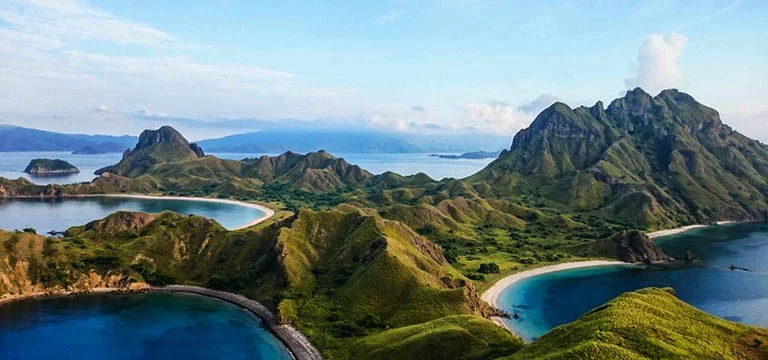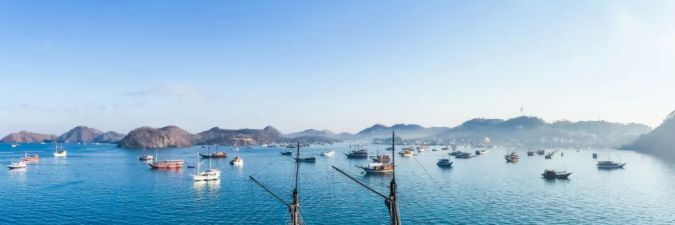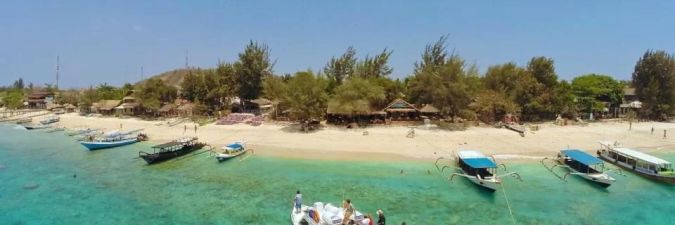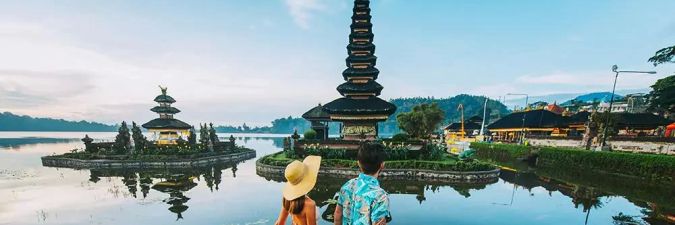Discover Unique Cultures on Indonesian Islands
- Overview of Indonesia’s Rich Cultural Diversity
- Bali: The Heart of Island Culture
- Java: Cultural Epicenter and Ancient Heritage
- Sumatra: Exploring the Untouched Traditions
- Travel Tips for Exploring Indonesian Islands
Overview of Indonesia’s Rich Cultural Diversity
Indonesia is a vast archipelago with over 17,000 islands, each home to distinct cultural traditions, languages, and practices. From the lush rice terraces of Bali to the dense jungles of Sumatra, every island offers its own unique insight into Indonesian life. This diversity makes Indonesia one of the most fascinating places to explore for cultural travelers. Whether you're interested in learning about the spiritual practices in Bali, the ancient history of Java, or the tribal cultures in Sumatra, the islands of Indonesia provide a deep well of experiences to discover.
Bali: The Heart of Island Culture
Bali, known as the "Island of the Gods," is a cultural treasure trove. The island’s unique blend of Hindu traditions, artistic expression, and natural beauty makes it a top destination for travelers seeking cultural immersion. Visitors can explore ornate temples like Tanah Lot and Uluwatu, where religious ceremonies are an integral part of daily life. Balinese dance and music, such as the mesmerizing Legong and Kecak dances, are performances that beautifully embody the island's spiritual devotion and artistic flair.
Beyond the performances, Bali is home to vibrant markets, where visitors can purchase handcrafted goods like intricate wood carvings and traditional textiles. A personal experience I had was attending a local ceremony in a village near Ubud, where the entire community gathered to celebrate the harvest. The warmth and hospitality of the Balinese people, combined with the spiritual depth of the rituals, left me with a profound sense of connection to this island’s culture.
Java: Cultural Epicenter and Ancient Heritage
Java is the political and cultural heart of Indonesia, home to bustling cities like Jakarta and historic sites such as Yogyakarta. The island is a repository of Indonesia’s rich history, with ancient temples like Borobudur and Prambanan, which provide glimpses into the past while showcasing the island’s spiritual and artistic heritage. Javanese culture is known for its refined court traditions, and the island offers visitors the chance to experience classical dance and gamelan music, two of the most iconic elements of Indonesian culture.
When I visited Yogyakarta, I had the privilege of witnessing a royal dance performance at the Sultan’s Palace, where the graceful movements and intricate rhythms of the gamelan orchestra left an indelible mark on me. For those interested in history, Java offers rich stories of the kingdoms that once ruled the island and their influence on the country’s current cultural landscape.
Sumatra: Exploring the Untouched Traditions
Sumatra, the sixth-largest island in the world, is known for its rugged landscapes, wildlife, and vibrant tribal cultures. Unlike the more tourist-heavy islands like Bali, Sumatra offers travelers an opportunity to step off the beaten path and discover traditional ways of life that have remained largely unchanged for centuries. The Batak people of Lake Toba, for example, continue to practice their ancient rituals, including elaborate funerary ceremonies that have been passed down through generations.
Sumatra’s natural beauty also plays a key role in its cultural identity. I visited the Bukit Lawang orangutan sanctuary, where I had the chance to learn about the local efforts to conserve the endangered species. This visit not only opened my eyes to the ecological challenges of the region but also gave me a deeper appreciation for how local cultures are deeply intertwined with the natural environment. Sumatra’s untouched traditions are a reminder that there are still places in the world where the ancient and the natural coexist in harmony.
Travel Tips for Exploring Indonesian Islands
To make the most of your cultural journey through Indonesia’s islands, here are a few travel tips:
- Research Local Festivals: Many of Indonesia's cultural celebrations, such as Bali's Galungan Festival or Java’s Sekaten, offer a deeper insight into the region’s spiritual practices. Time your visit to coincide with one of these festivals for an authentic experience.
- Learn Basic Phrases: While Bahasa Indonesia is the official language, learning a few words in the local dialects can go a long way in building rapport with locals, especially in remote areas like Sumatra.
- Respect Local Customs: Indonesia’s cultural diversity means that each region has its own customs. In Bali, dress modestly when visiting temples, and in Sumatra, ask permission before taking photos of people, especially during ceremonies.
- Book Cultural Tours: To truly immerse yourself in the local cultures, consider booking a guided tour with an expert. Local guides can offer insights that you may not otherwise discover, especially in off-the-beaten-path destinations like Sumatra and Sulawesi.
For a curated cultural experience, you can book a comprehensive tour through elalephcruising, which offers expert-led excursions across Indonesia's islands, providing authentic, immersive experiences that showcase the heart of Indonesia’s cultural heritage.

















